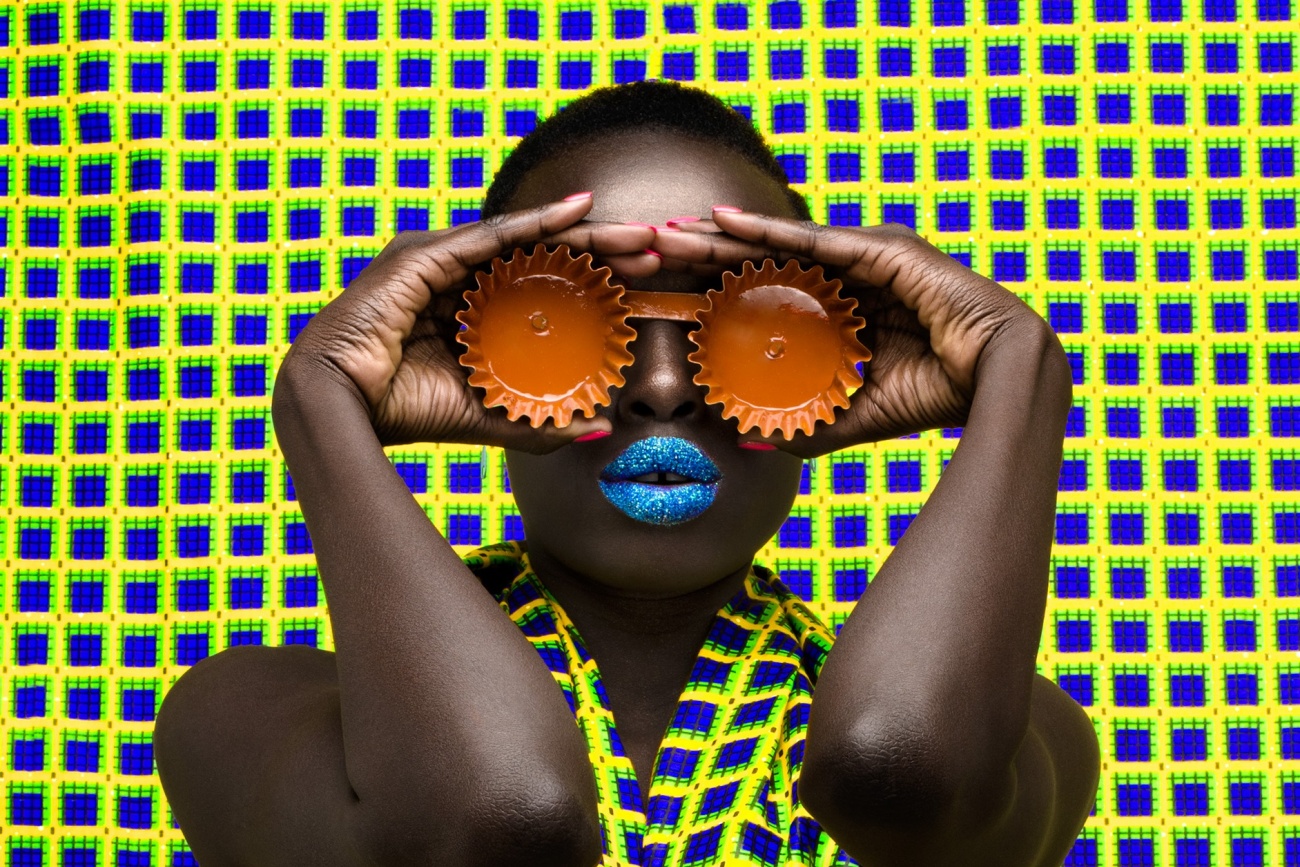As Kenya continues to grapple with the devastating impact of COVID-19, there has also been a shadow pandemic ravaging the country; domestic violence.
Quarantine orders enforced by the government earlier in 2020, coupled with the economic and health fallouts caused by the pandemic have exposed vulnerable women and girls to dangerous situations.
Njeri Migwi, co-founder of Usikimiye, a shelter for victims of domestic violence, reported a surge in calls to their hotline during this period and their two shelters were maxed out by women and girls seeking refuge from abusive partners, parents/guardians.
For our Mashujaa day special, Njeri Migwi discusses her work with us and what can be done to protect women from domestic violence.
KB: When and why did you start Usikimye?
Stella Khachina and I co-founded Usikimye on 29th December 2019. It was a heavy year for women in Kenya. From brazen violence to femicide.
The murder of Ivy Wangechi particularly and the insenstive "kata shoka" memes that mocked her death prompted me to create a safe space for women. Being a domestic violence survivor myself, I understood the importance of having shelters in place for women fleeing unsafe situations.
KB: Can you tell us the kind of care you provide to victims at the shelters and the experts you work with?
We first get the victim the medical attention they need and report the matter to authorities. Our in-house doctor, Dr Jane Oloo, provides first-responder care. If the victim is well enough to be discharged from a health facility, we move them to the shelter where our psychologists Maureen Kiringa & Achieng Jahera provide counselling & post-trauma therapy.
Most of our survivors come from working class backgrounds and many of them were fully dependent on the perpetrators for their livelihoods. We offer financial training to help them start managing funds they'll receive when they're ready to leave the shelter.
KB: How has the pandemic affected your operations and running of the shelters?
The pandemic led to the fall out of many families. The economic downturn caused by COVID-19 and shelter-in-place orders forced many people to stay in confined spaces and this triggered violence. We witnessed a spike in gender based violence which saw many women and children thrown out of their homes. Usikimye was (still is) overwhelmed by victims seeking help at our shelters. Our resources are strained and yet, there are so many women in need.
KB: How are you able to fund the operations of Usikimye? Do you receive any kind of help from the state?
No. We do not receive any form of assistance from the government. We do a monthly funds appeal drive mostly on Facebook and amongst our friends and well wishers. Sometimes, we have to dig into our own pockets to keep the shelter running.
KB: You work closely with the police force to apprehend perpetrators even though they are notorious for perpetuating violence themselves and have often enabled culprits to avoid justice. Have you encountered a case in which the police or those in authority have worked actively to prevent or delay justice?
This is a two pronged fork in that by answering I'm risking not receiving help from the same offices. What we call between a hard rock and deep blue sea. However I can say sometimes the cases are mismanaged at the reporting stage.
KB: It's a truism that many women and girls find it very hard to walk away from abusive relationships and often go back to their abusers. Has Usikimye dealt with victims who are averse to help and what did you do?
Women are often unable to leave due to the very cyclical nature of abuse. We often have women who call or ask to be rescued and when we arrive they don't leave simply because the tension de-escalated and a token kindness or love shown to them makes them often change their mind.
We have learnt that listening to them and online therapy is helpful for such cases until the survivor is ready to actually leave
KB: Getting justice for victims is usually complicated with the calls for transformative justice. Do you believe transformative justice is something we should explore instead of the carceral system to resolve DV?
I'm a firm believer in justice that centres around the survivor. Imagine justice whose focal point is accountability, support and healing.
KB: How can society work as a collective to combat DV?
We must not tire in bringing awareness to the issue and support materially in the fight against domestic violence.
KB: What can people of good will do to help Usikimye help more victims?
Usikimye is supported financially by donations from the masses. You can send in your donations to Mpesa paybill 891300 to help us sustain our survivors. We are also seeking volunteers with diverse skill sets to help out with the never ending tasks at the shelter. We all have something we can offer.
KB: How do you personally take care of your mental health given the emotionally stressful kind of work you do?
I have realized that self care is mandatory after getting really bad panic attacks and burn out. So I'm seeking therapy, I play video games and most importantly, I put my phone off. Okay I'm still working on this one.
Support Usikimye by donating here.




